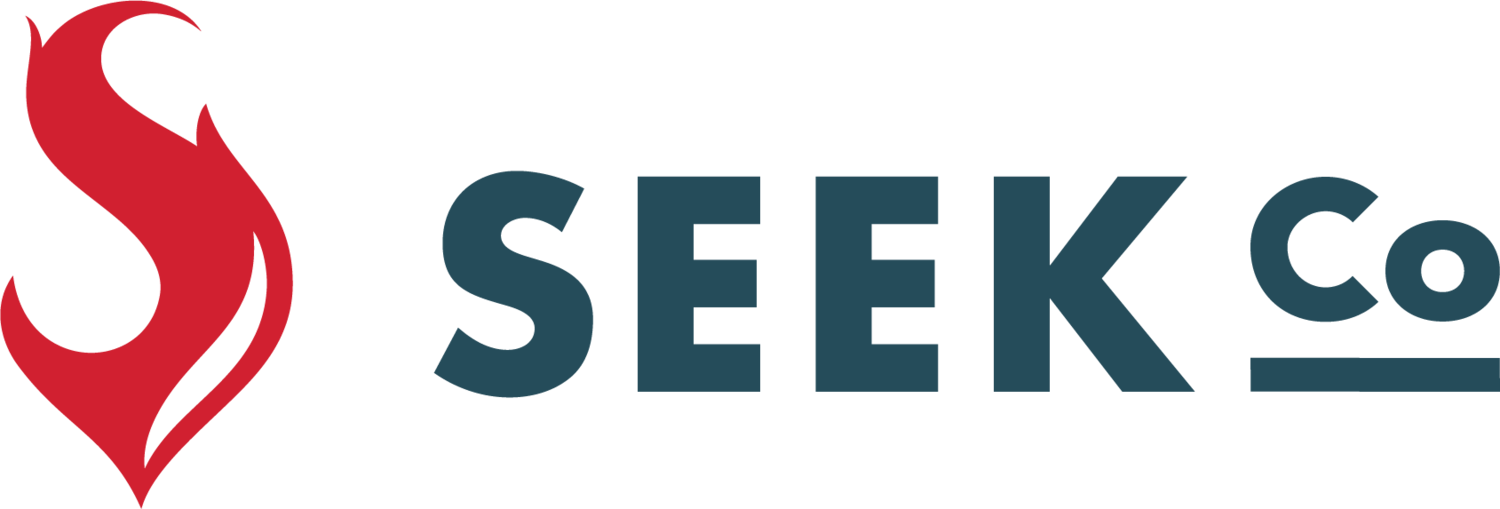Elements For an Engaging Qualitative Research Recruit
Generative Image by Kyle A Koch (Mixed Media + MidJourney)
I attended an online seminar last week on how to set up a successful recruit, with the suggestion of a screener that is no more than twelve questions. While it is nice to have guidelines, let’s face it, a short screener is not always possible.
We conduct quite a few unorthodox research methodologies that require more screening (for example, 5-hour ethnographic observations or co-creation sessions building the ideal product experience), so using all the tools at our disposal is imperative. Here are a few things to keep in mind when approaching a new project:
We are all “experts” of our experiences and preferences, and respondents need to hear this about themselves. Explicitly encourage respondent to share themselves, noting that sharing experiences helps to represent other people just like us.
Have respondents become familiar with your moderator / consultant with prior to the research, if possible. Think about the nervous feelings you get before a job interview, as this is how some respondents feel prior to participating in research. Humanize yourself by sharing a hobby or a skill you are learning to do so respondents become comfortable with you (and your team) at the start.
New methodologies bring with it the need to have detailed expectations. As we augment traditional recruitment vendors and their offerings with new tools, respondent experience becomes even more important. How does your research ‘show up’? If using multiple vendors and / or tools, ensuring the respondents see you as one cohesive and familiar team builds trust. Also detailing research expectations with goals and timing ahead of the research helps the respondent plan their ‘in-field’ days accordingly.
Respect goes a long way. If you go above and beyond, wouldn’t you want to be rewarded for that? Respondents are not much different! If your pre-work was supposed to take 30-minutes, but ended up more detailed requiring double the time, acknowledge this and modify the compensation accordingly.
Engagement / curiosity is a two-way street. Model what is you want from respondents. If they reach out to you with a question or concern, follow up with them in a timely fashion. Be inquisitive in their responses. And acknowledge the importance of the information they share, even if it is not related to the research at hand, such as a respondent battling illness.
Onboard quality recruiters. Do the respondents match project specifications? Do they provide a good mix of demographics? What is your show rate like? A good recruiter will tell you what is possible and what can be done to supplement efforts. Question the one supplier that promises they can fulfill a recruit when so many other could not.
In conclusion, to ensure a successful recruit in research projects, it's important to value human-centered strategies. Encourage respondents to share experiences, build rapport, set clear expectations, show respect for their time, foster engagement, and work with quality recruiters. Prioritizing these elements enhances the research process and results in valuable insights.

